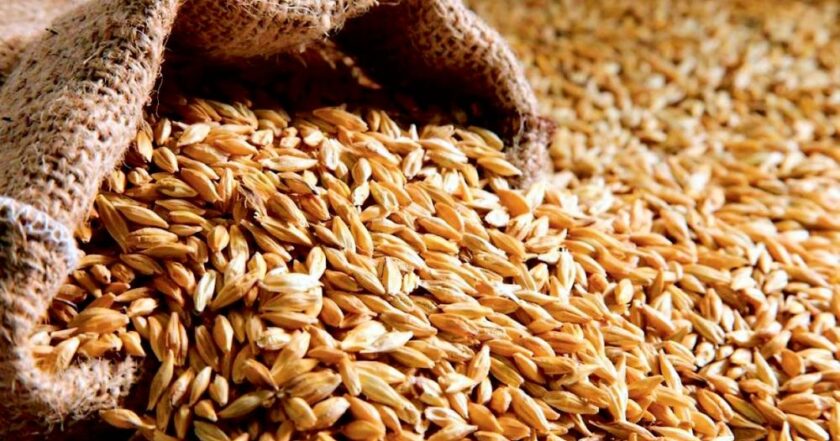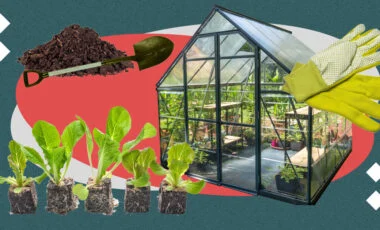Poland to implement border checks on all Ukrainian grain transiting to other countries

Polish services will check all Ukrainian grain transiting through Poland to other countries and ports at the border.
The Deputy Minister of Agriculture and Rural Development of the Republic of Poland, Michal Kolodziejchak, said this in an interview with PAP on Monday.
"Today, there will be clear instructions that we will check all grain at the border (with Ukraine – ed.), which is subject to sealing, subject to export, and is only transit grain," Kolodzeichak said.
The deputy minister explained that this would be done because after this grain is transited to Germany, it turns out that it is of poor quality: "99% of it is returned to Poland as European grain."
He added that there are also similar cases in ports.
"This grain is not returned to Ukraine, but to Poland," Kolodziejczak emphasized.
He noted that he would apply for detailed data on Ukrainian grain that was returned to Poland as of poor quality from Germany and ports.
The Polish government official said that he will also instruct the creation of an information platform, with the help of which Polish farmers will be able to report problems and violations directly to the ministry by phone and online.
On Sunday, Polish Prime Minister Tusk said that growing economic problems, particularly the situation at the border with Polish farmers and transporters may lead to the growth of anti-Ukrainian sentiments in Poland.
The head of the Polish government also noted that an answer should be found to the question of why, despite the embargo, a lot of agricultural products from Ukraine still cross the border. In this context, attention should be paid to the work of the border services.
Tusk informed that selective inspections of cargo transportation have also begun on the Polish-Lithuanian border. He emphasized that Warsaw will also monitor the Polish-Lithuanian border in the context of the possible entry of Ukrainian agricultural products into Poland.
For reference:
As previously reported, the Polish government wants to intensify inspections of goods exported from Ukraine and announced increased control at the border.
On February 9, Polish farmers began blocking several checkpoints on the Polish-Ukrainian border. According to the organizers of the strike from the independent farmers' trade union "Solidarity," blocking roads near the checkpoints will continue for a month, until March 10.
As Rubryka reported, the police of the Polish city of Chelm are investigating the details of the incident with trucks carrying Ukrainian grain near the border crossing point in Dorohusk. According to the police, farmers protesting nearby stopped three Ukrainian trucks and dumped grain on the road.
The previous government of Mateusz Morawiecki unilaterally imposed an embargo on the import of Ukrainian grain (wheat, corn, rapeseed, sunflower) on the domestic market of Poland on September 15 of last year after the European Commission refused to extend this ban at the EU level. The new government of Donald Tusk decided not to lift this embargo yet.
It should be noted that the EU's preferential trade regime with Ukraine has been in effect since June 4, 2022, and continued in 2023.
In September, the European Commission announced that it would not extend restrictions on imports of agricultural products from Ukraine after September 15, and Kyiv agreed to take measures to limit imports from its side.
However, due to the dissatisfaction of farmers, the EU introduced temporary restrictions for some types of agricultural products for several months in 2023. Some countries, particularly Poland, continued them unilaterally even after their cancellation at the level of the European Union.
However, Polish Minister of Agriculture Czesław Sekerski stated that the Polish-Ukrainian border will not be opened for Ukrainian goods, and the embargo on their export to Poland will be indefinite.
It should be added that the current extension of the duty-free and quota-free trade regime for Ukraine expires on June 5, 2024, and for Moldova on July 24, 2024.
The European Commission notes that total imports from Ukraine to the EU from October 2022 to October 2023 increased to 24.3 billion euros, while in October 2021, they reached 24 billion euros.






















































